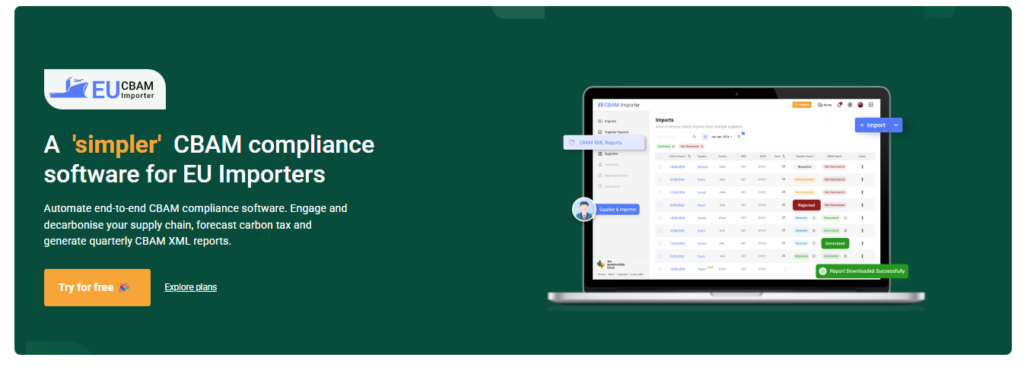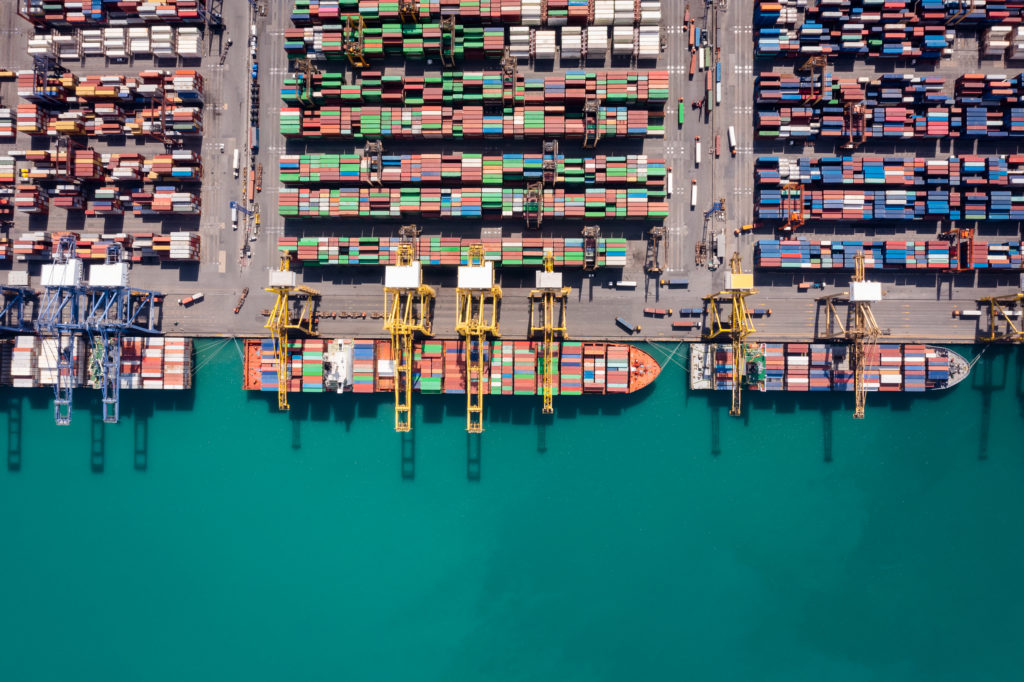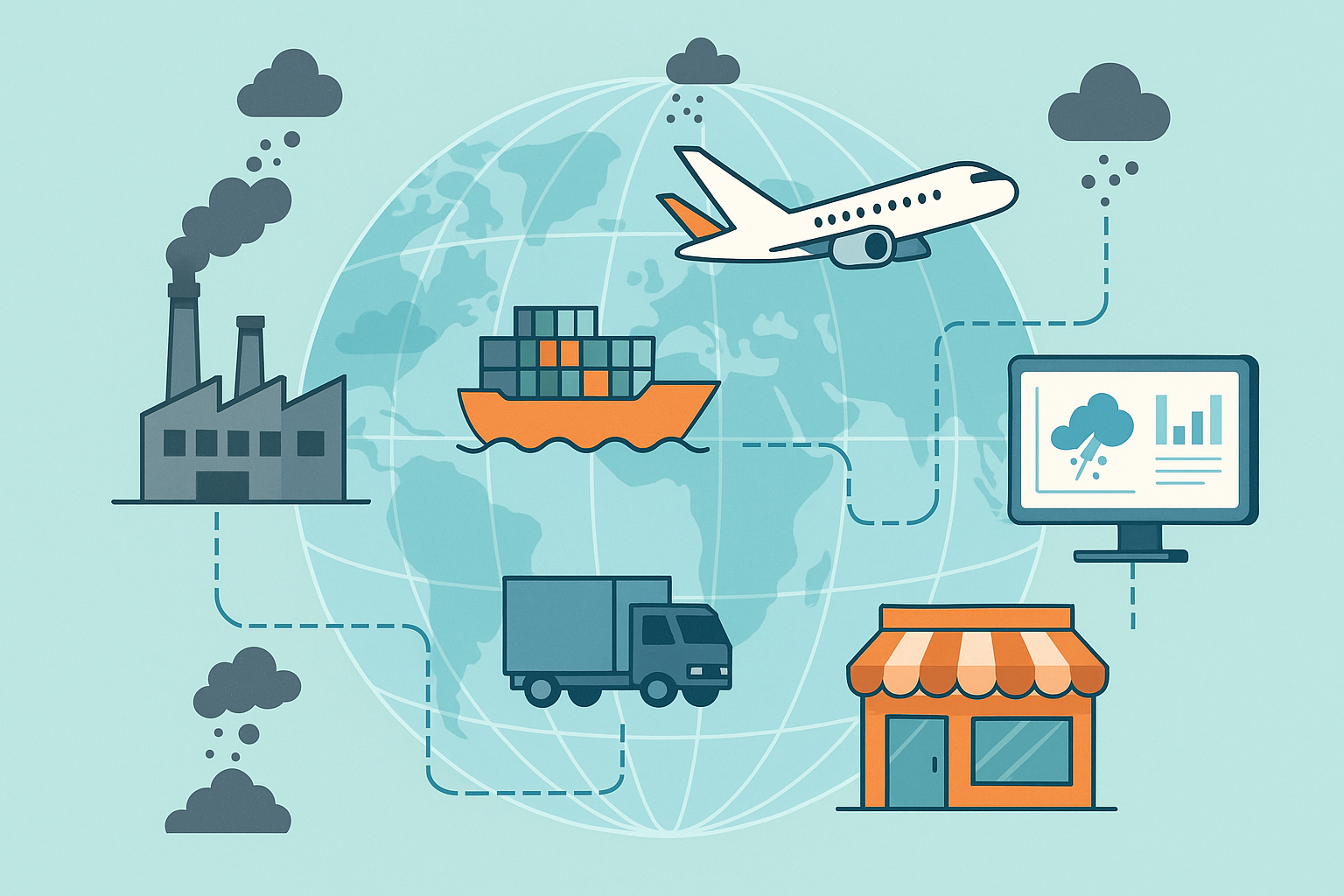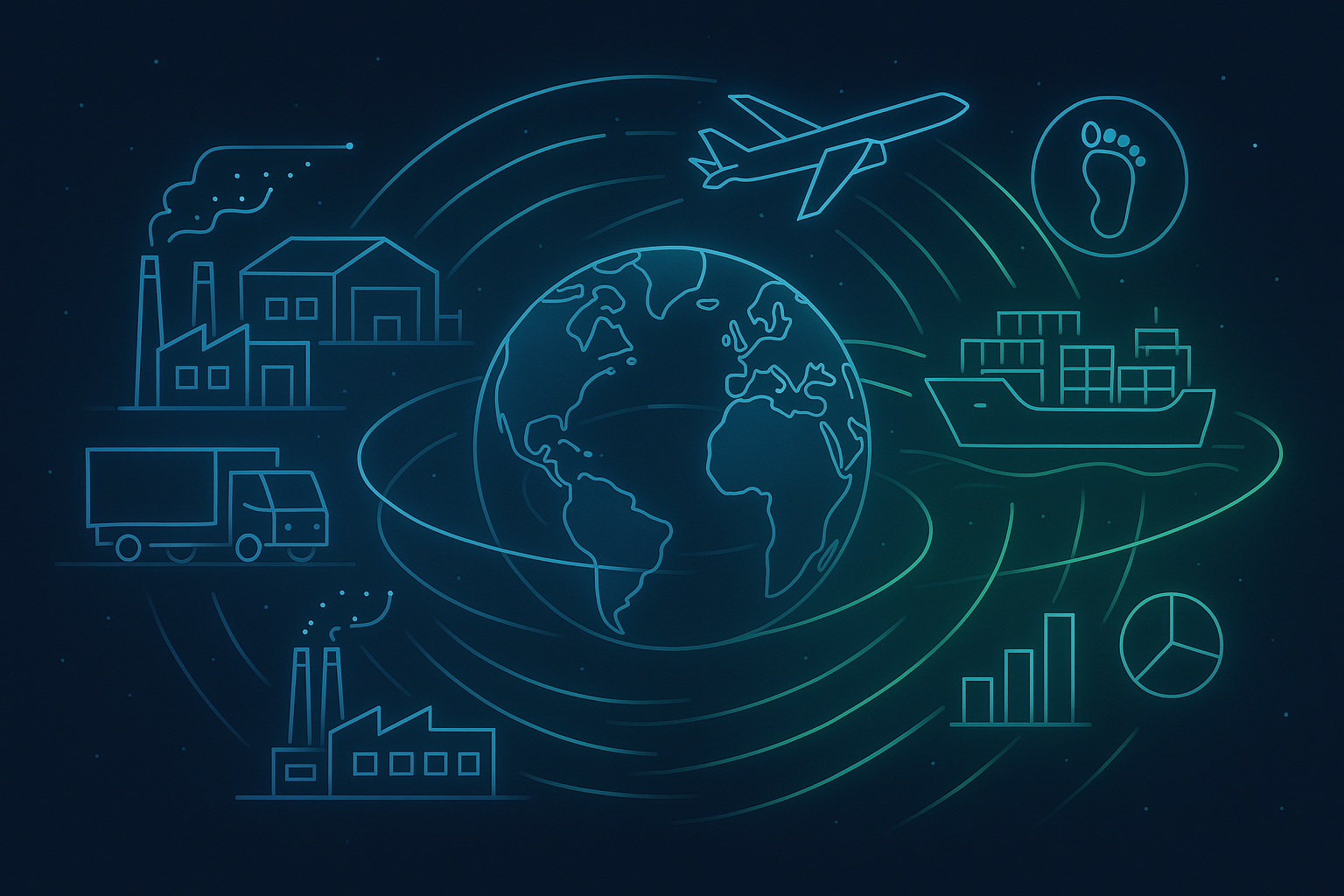EU importers play a significant role in data accuracy, which is paramount to success in the CBAM reporting journey. During Transitional Phase 1, EU CBAM importers must focus on reporting requirements, including the mandatory quarterly reporting of embedded emissions, voluntary disclosure of carbon tax certificates and restricted use of the EU’s default value for reporting emissions. All these elements are interlinked with data accuracy, which must be ensured for completeness in CBAM reporting.
In this blog, we will look at 5 best practices for data accuracy by EU CBAM importers.
Why is data accuracy important for EU importers?
Data accuracy is paramount to the success of the CBAM reporting journey, and EU importers are responsible for achieving this objective. However, they primarily depend on the data provided to them by the suppliers.
Any issues related to data accuracy by EU CBAM importers could impact both the exporters and the importers in multiple ways. Inaccuracies in emissions data sharing can lead to miscalculated carbon costs for importers and exporters. For example, if a steel manufacturer has overestimated emissions, the importer in the EU could submit excess CBAM certificates. Doing this will increase carbon tariffs and raise steel prices in the market, leaving an impact on both the supplier and the importer.
Here are 5 best practices for EU importers to ensure data accuracy
1.Close collaboration with suppliers
Both suppliers and EU importers are geographically located in different places. The importer is not present at the suppliers’ installation for direct data gathering, which acts as a hurdle in effective CBAM communication. However, constant communication with the exporters plays a pivotal role in quality data gathering, management, and clearing all data-related problems. Importers must work closely with suppliers to get detailed emissions data for production processes, including direct and indirect emissions.
As the CBAM is a new regulation, most suppliers need effective guidance on setting up the technical mechanisms, data collection, and processing them. Most of these issues can be eliminated through transparent communication channels and by addressing inconsistencies immediately. Moreover, engaging with the supplier through transparent communication channels could act as a catalyst for clarifying data requirements and addressing inconsistencies immediately.
2.Effective data management systems
After importers gather data from suppliers, managing them is the next step to ensure data accuracy. At this stage, importers need to focus on robust data management systems. A centralised platform or system must be used to collect, store, and manage all emissions data securely. Importers also need to maintain detailed records of all data sources and calculation methods to ensure transparency and data traceability. For example, using Excel sheets for data management is not adequate while handling data for CBAM reporting.
Using digital solutions like TSC NetZero CBAM Solution, maintaining detailed records of data in an organised fashion gets easier, live actionable insights can be available, live data tracking can be done, and any inconsistencies in data accuracy verification by importers can be fixed.
3.Internal data audits and cross-verifications
Now comes the role of data auditing and cross-verifications of the submitted reports by the suppliers to the exporters. The best way to enable data auditing is by conducting internal audits. Periodic internal audits of emissions data must be conducted to identify and correct errors and gaps. Moreover, a consistent review of the information against the industry benchmarks is needed.
4.Early engagement with EU-accredited verifiers
Importers must start early engagement with EU-accredited verifiers, who are independent bodies responsible for the trusted verification of data submitted by the suppliers. These bodies validate emissions data and calculations for the same. Inaccurate data auditing could mean penalties or increased CBAM tariffs on the importer and exporter.
5.Leveraging technology for data precision
CBAM reporting is expansive, and the efficiency and precision of emissions data gathering and processing depends on how well the technology is used. Digital solutions that can track emissions data in real-time and provide actionable insights can immensely help in data accuracy by importers.

How TSC NetZero helps in ensuring data accuracy?
The TSC NetZero CBAM reporting solution for EU CBAM importers eliminates all the challenges related to manual and automated data collection. Moreover, the CBAM reporting software ensures high precision in emissions calculations, timely report generation, and assurance from third-party data verifications.




